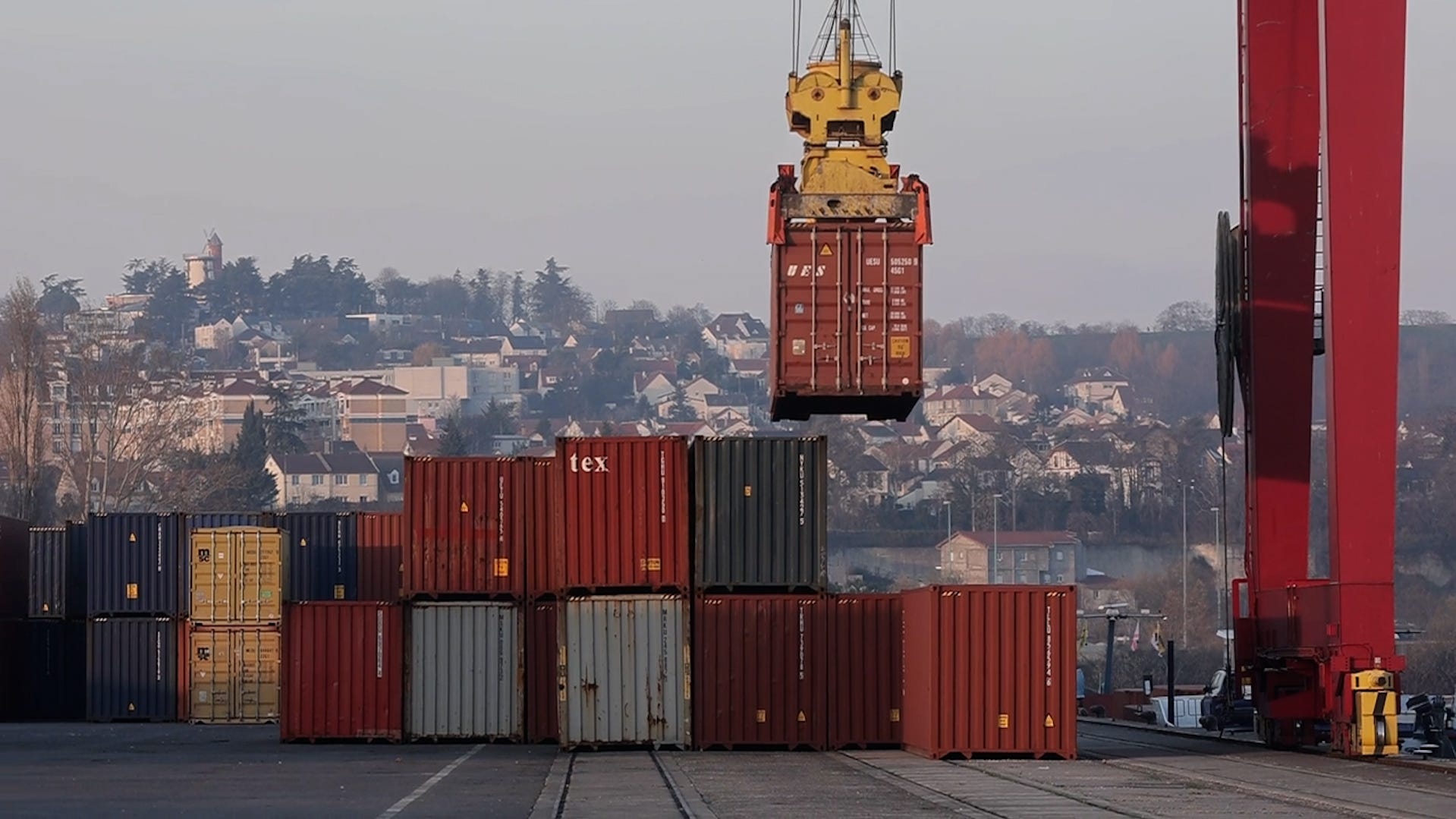Do you know what tariffs are? How Trump tariffs will impact you

President Donald Trump on Monday signed off on a 30-day deal with Mexico to avoid a trade war which would have saw a tariff of up to 25 percent tax on common goods.
But, you will still need to prepare for tariffs on goods coming from Canada and China.
Trump's 25% tariff on Canadian goods and a 10% tariff on Chinese goods appeared on course to begin Tuesday.
Here’s what you need to know about Trump’s tariff plans.
What are tariffs?
Tariffs are taxes imposed by one country on goods imported from another country, according to Tax Foundation nonprofit.
Tariffs are paid by the company that imports those goods into the country. They are not paid by the country that made them. Essentially, a tariff is tax paid by private business for importing and selling goods from specific foreign countries. The country imposing the tariffs collects them from the import business and keeps the fee, leaving the importer to decide whether to absorb the additional cost or pass it on to the consumer.
In effect, tariffs are used to keep cheaper, foreign goods from flooding the market in a region where the same products are available from local makers, and to create revenue for the government.
What will cost more due to Trump’s tariffs?
Gas prices could increase as a result of the tariffs, which would affect crude oil flowing from Canada to the U.S. and negatively impact New Jersey’s construction and shipping sectors.
Published reports indicate a 25% tariff on Canadian and Chinese goods will increase the price of Canadian lumber, cars, cherry tomatoes, maple syrup, Canadian-made Tonka toy trucks, Chinese-manufactured smartphones and Chinese-made sledgehammers.
Canadian Prime Minister Justin Trudeau previously warned that if Trump’s tariff on Canadian products goes through, American consumers will see price increases at the grocery store and at the gas pumps.
Trudeau also said Trump’s plan to add tariffs to Canadian goods will obstruct access to materials crucial for U.S. security, such as nickel uranium, steel and aluminum.
Damon C. Williams is a Philadelphia-based journalist reporting on trending topics across the Mid-Atlantic Region.